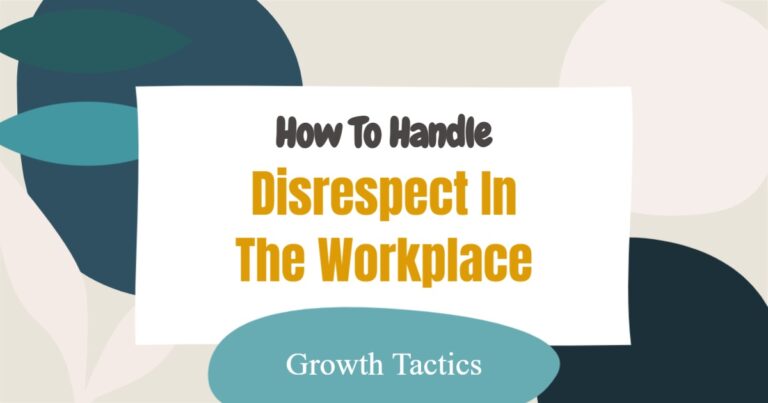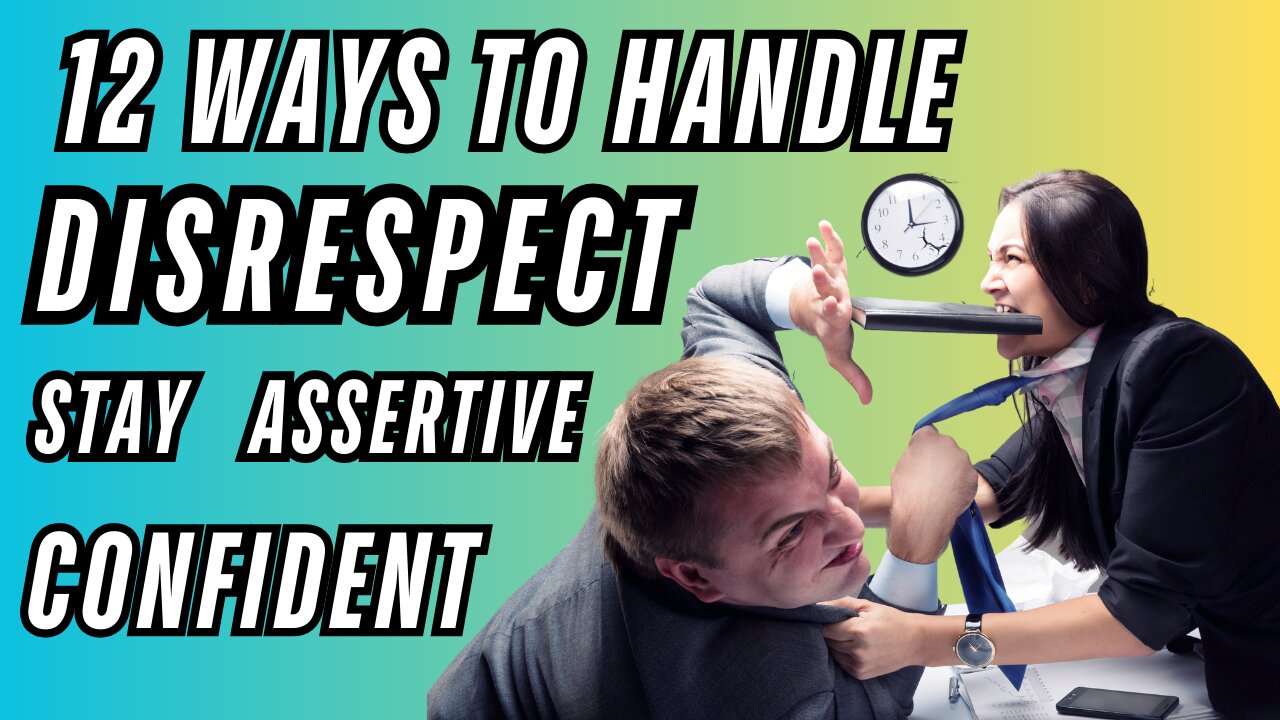How To Deal With A Disrespectful Employee

Disrespect in the workplace is more than just bad manners; it's a corrosive force that can erode morale, productivity, and ultimately, a company's bottom line. Addressing disrespectful employee behavior requires a strategic and sensitive approach, one that balances accountability with the potential for growth and improved conduct.
Successfully navigating these challenging situations demands a clear understanding of the issue's root causes, established company policies, and effective communication strategies. Failure to address disrespect head-on can create a toxic environment, leading to increased employee turnover, decreased performance, and even legal repercussions.
Understanding the Roots of Disrespectful Behavior
Disrespectful behavior in the workplace can manifest in various forms, from overt insubordination to subtle microaggressions. Identifying the underlying cause is the first crucial step in addressing the issue effectively.
SHRM (Society for Human Resource Management) emphasizes the importance of considering a range of factors that may contribute to disrespectful conduct. These factors could include stress, personal issues, miscommunication, or even a lack of clarity regarding company expectations.
Sometimes, disrespectful behavior stems from a feeling of being undervalued or unheard. Employees may act out if they perceive a lack of fairness or opportunity for advancement within the organization.
The Role of Company Culture
The overall company culture plays a significant role in shaping employee behavior. If disrespectful conduct is tolerated or even subtly encouraged at higher levels, it can quickly become normalized.
A culture of open communication, mutual respect, and accountability is essential for preventing and addressing disrespectful behavior. Leaders must set the tone by modeling respectful interactions and consistently enforcing company policies.
According to a Gallup study, companies with high levels of employee engagement experience significantly lower rates of absenteeism and turnover. Creating a positive and supportive work environment can deter disrespectful behavior by fostering a sense of belonging and value.
Implementing a Strategic Response
Once the root cause of the disrespectful behavior is understood, a strategic response is crucial. This response should be tailored to the specific situation and take into account the employee's past performance and disciplinary history.
The first step is typically a private conversation with the employee to address the behavior and provide clear expectations for future conduct. This conversation should be documented, outlining the specific instances of disrespect and the agreed-upon steps for improvement.
Legal experts recommend consulting with HR and legal counsel to ensure that all disciplinary actions are consistent with company policy and applicable laws. This is particularly important when dealing with issues of discrimination or harassment.
The Importance of Clear Communication
Clear and direct communication is paramount in addressing disrespectful behavior. Avoid vague accusations and focus on specific examples of the conduct in question.
Clearly articulate the impact of the behavior on the team and the organization as a whole. The employee needs to understand why their behavior is unacceptable and what consequences will result from continued disrespect.
Be sure to listen to the employee's perspective and provide an opportunity for them to explain their actions. However, maintain a firm stance on the need for respectful behavior.
Corrective Actions and Performance Improvement Plans
Depending on the severity of the disrespectful behavior, corrective actions may range from verbal warnings to formal written warnings, suspension, or even termination. A progressive disciplinary approach is often recommended.
A Performance Improvement Plan (PIP) can be a useful tool for outlining specific goals and expectations for improvement. The PIP should include measurable objectives, timelines, and regular check-ins to monitor progress.
Providing training and coaching can help employees develop the skills needed to communicate more effectively and respectfully. This can be particularly beneficial if the disrespectful behavior stems from a lack of awareness or social skills.
Seeking External Support
In some cases, external support may be necessary to address the root causes of disrespectful behavior. This could include providing access to counseling services or conflict resolution training.
Employee Assistance Programs (EAPs) can offer confidential counseling and support to employees struggling with personal issues that may be contributing to their behavior. Mediation services can also help to resolve conflicts between employees.
Consulting with an organizational psychologist can provide valuable insights into the dynamics of the workplace and help to identify systemic issues that may be contributing to disrespectful behavior.
Looking Ahead: Fostering a Culture of Respect
Addressing disrespectful employee behavior is not simply about punishing offenders; it's about fostering a culture of respect and accountability. This requires a proactive approach that includes clear policies, effective training, and consistent enforcement.
Regularly solicit feedback from employees to identify potential issues and address concerns proactively. Create a safe and supportive environment where employees feel comfortable reporting disrespectful behavior without fear of retaliation.
By prioritizing respect and civility, organizations can create a more positive and productive work environment, attracting and retaining top talent and ultimately achieving greater success.


















